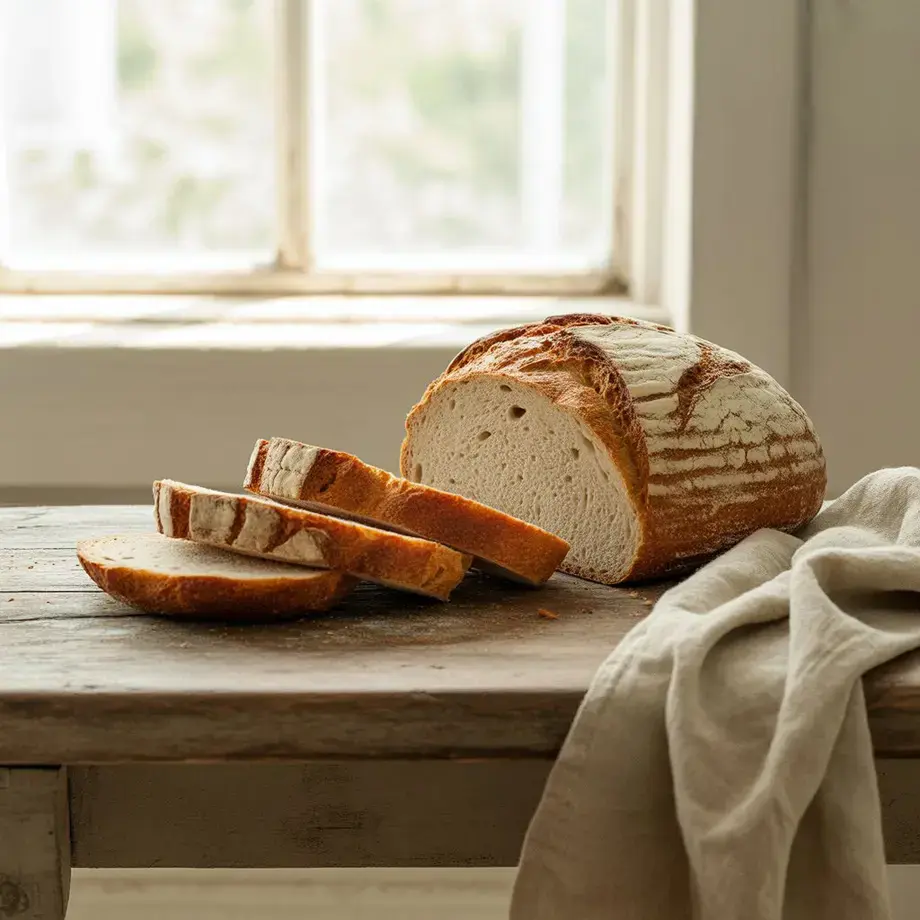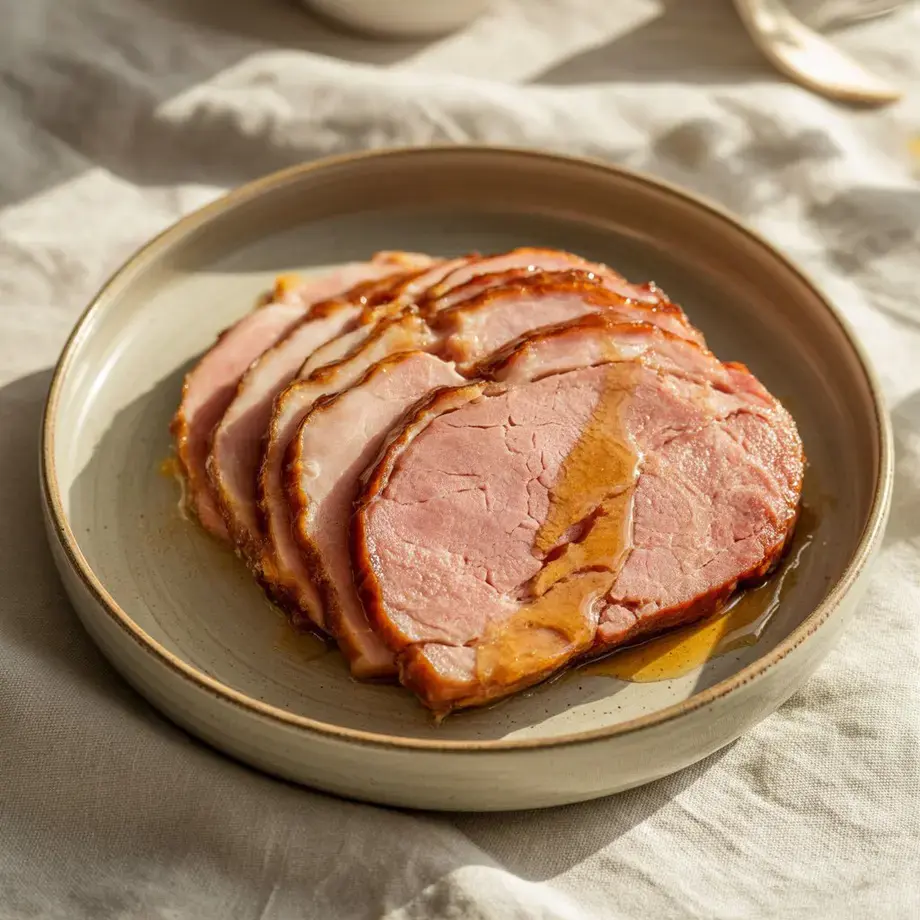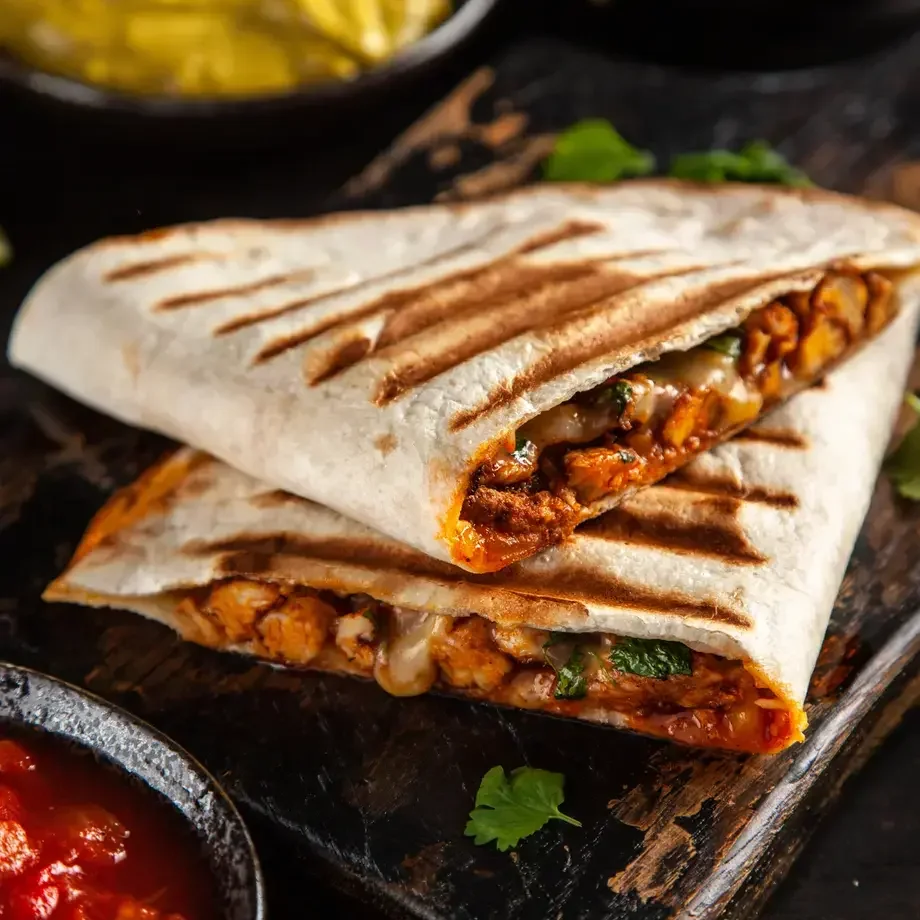Food waste is a huge problem worldwide and while there is much to do in terms of curbing it, there are some countries that have made laws to discourage people from wasting food. Many countries’ governments work with the private sector and have made ambitious targets to reduce food waste in the future. But only a few countries have actually enacted legislation to help make this happen as quickly as possible. Here are the countries with laws against food waste.
France
France is a leader when it comes to attacking food waste at the legislative level. In 2016, the country made it illegal for retailers to throw food away, and instead compels them to partner with NGOs to redistribute the food to those in need. The law is punitive, with fines of up to €3,750 for each infraction applicable.
Italy
Italy has a law in place since 2016, which enables retailers to donate food waste to food banks and charities. The law means that businesses escape sanctions for donating food past its sell-by date, and there are tax incentives available in proportion to the amount of food donated. Food producers are also able to donate the food they would otherwise waste.
South Korea
South Korea has managed to reduce food waste significantly in recent years, transforming the country from one of the most wasteful in Asia to one of the least. The change began in 2013, when the government made residents of Seoul pay for recycling, depending on how much food waste they were creating. The policy proved successful and was then rolled out to other cities in the country.
China
China is tackling its huge food waste problem with a law that came into effect in 2021. The law banned competitive eating and the sharing of binge-eating videos. Food businesses are encouraged to remind customers about the need to be mindful of food waste and to actively discourage it. Restaurants found guilty of inducing or misleading behaviours that lead to diners wasting food receive a warning, while serious violators can be fined up to 10,000 yuan (about 1,500 euros). The urban catering industry in China is responsible for some 18 billion kilos for food waste annually.
Singapore
Singapore has rolled out a law that compels large shopping malls and hotels to separate their organic food waste from all other forms of waste. By separating food waste, waste management services can more efficiently turn waste into compost or animal feed, etc. It also means the recycling of other materials is more efficient.
United States
There are six states that prohibit the sending of food waste to landfill - California, Connecticut, Massachusetts, Rhode Island, New York and Vermont. Instead of sending organic waste to be buried in the ground, these states are looking to build better food waste management systems and composting infrastructures.














